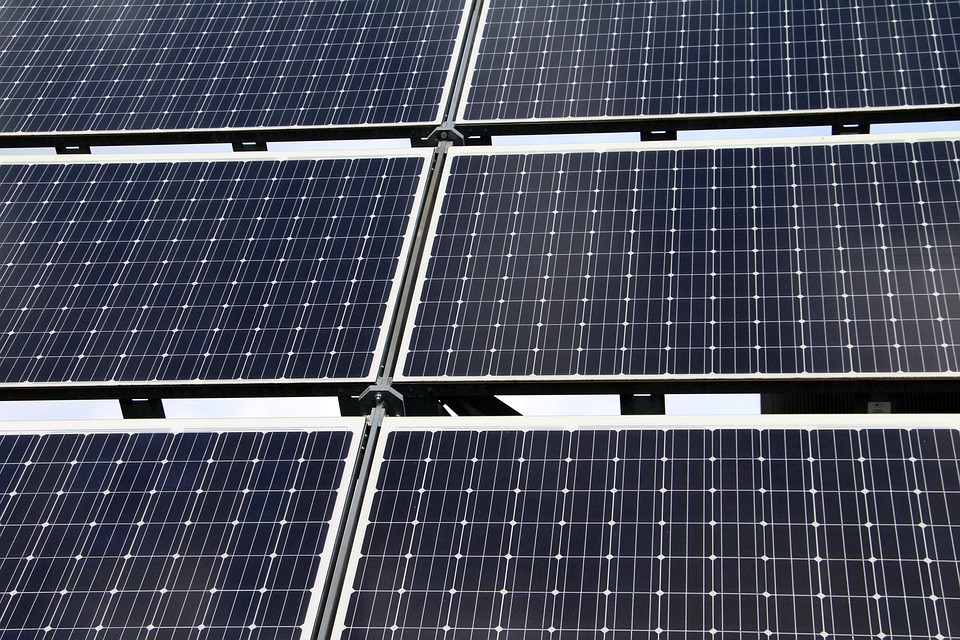Powering the Future: A Look at Power Engineering vs Electrical Engineering
The Importance of Power and Electrical Engineering
As the world becomes increasingly dependent on technology, the demand for power and electrical engineers is on the rise. These two fields are often confused with one another, but they are distinct and play crucial roles in the development and maintenance of our infrastructure. In this article, we’ll explore the differences between power engineering and electrical engineering, and how they are shaping the future of our world.
What is Power Engineering?
Power engineering, also known as power systems engineering, is a branch of engineering that deals with the design, construction, and operation of large-scale power systems. Power engineers are responsible for ensuring the reliable and efficient transmission and distribution of electricity to meet the needs of consumers. This can involve designing and operating power plants, transmission lines, and distribution systems, as well as managing the flow of power between these systems.
Subsections: Power Generation and Transmission
Power Generation
Power generation is the process of producing electricity, which can be done through a variety of methods, including fossil fuels, nuclear reactors, and renewable sources like solar and wind power. Power engineers must design and operate power plants to ensure they are efficient, reliable, and environmentally friendly.
Transmission
Once generated, electricity must be transmitted to the consumer. This is the responsibility of the power engineer, who must ensure that the transmission lines are designed and operated to minimize energy loss and optimize efficiency.
What is Electrical Engineering?
Electrical engineering, on the other hand, is a broader field that deals with the design, development, and application of electrical systems and technologies. Electrical engineers work on a wide range of applications, from consumer electronics to medical devices to industrial automation systems.
Subsections: Electrical Systems and Electronics
Electrical Systems
Electrical systems, such as power distribution systems, communication networks, and control systems, are all part of the electrical engineer’s domain. They must design and develop these systems to be safe, efficient, and reliable.
Electronics
Electronics is the branch of electrical engineering that deals with the design and development of electronic circuits and devices, such as microprocessors, memory devices, and electronic components. Electrical engineers work on the design and testing of these devices to ensure they meet the required specifications.
Key Differences Between Power Engineering and Electrical Engineering
While both power engineering and electrical engineering are essential to the functioning of our modern world, there are some key differences between the two fields. Some of the main differences include:
- Scale: Power engineering is focused on large-scale power systems, such as power plants and transmission lines, while electrical engineering is focused on smaller-scale systems, such as individual devices and circuits.
- Focus: Power engineers are primarily concerned with the efficient transmission and distribution of electricity, while electrical engineers are concerned with the design and development of electrical systems and devices.
- Education and Training: Power engineers typically require a bachelor’s or master’s degree in a field such as electrical engineering or power engineering, while electrical engineers may require a bachelor’s or master’s degree in electrical engineering or a related field.
The Future of Power and Electrical Engineering
As the world continues to evolve and technology advances, the demand for power and electrical engineers will only continue to grow. With the increasing focus on renewable energy sources, energy efficiency, and sustainability, the role of power engineers will be more important than ever. Electrical engineers will also continue to play a crucial role in the development of new technologies and systems.
Conclusion
In conclusion, while power engineering and electrical engineering are often confused with one another, they are distinct fields that require different skills, knowledge, and expertise. Power engineers are responsible for designing and operating large-scale power systems, while electrical engineers are responsible for developing and implementing electrical systems and devices. As the world continues to evolve and technology advances, the importance of these fields will only continue to grow.
FAQs
What is the difference between a power engineer and an electrical engineer?
Power engineers are primarily concerned with the efficient transmission and distribution of electricity, while electrical engineers are concerned with the design and development of electrical systems and devices.
What education and training do I need to become a power engineer or electrical engineer?
Typically, a power engineer or electrical engineer will require a bachelor’s or master’s degree in a field such as electrical engineering or power engineering.
What are some of the key skills required for a career in power engineering or electrical engineering?
Some key skills for a career in power engineering or electrical engineering include problem-solving, analytical thinking, and attention to detail, as well as strong math and science skills.
What are some of the most common applications of power and electrical engineering?
Some of the most common applications of power and electrical engineering include consumer electronics, medical devices, industrial automation systems, and large-scale power systems.




.png?w=150&resize=150,150&ssl=1)

.png?w=150&resize=150,150&ssl=1)
.png?w=150&resize=150,150&ssl=1)